1. Halston Limited
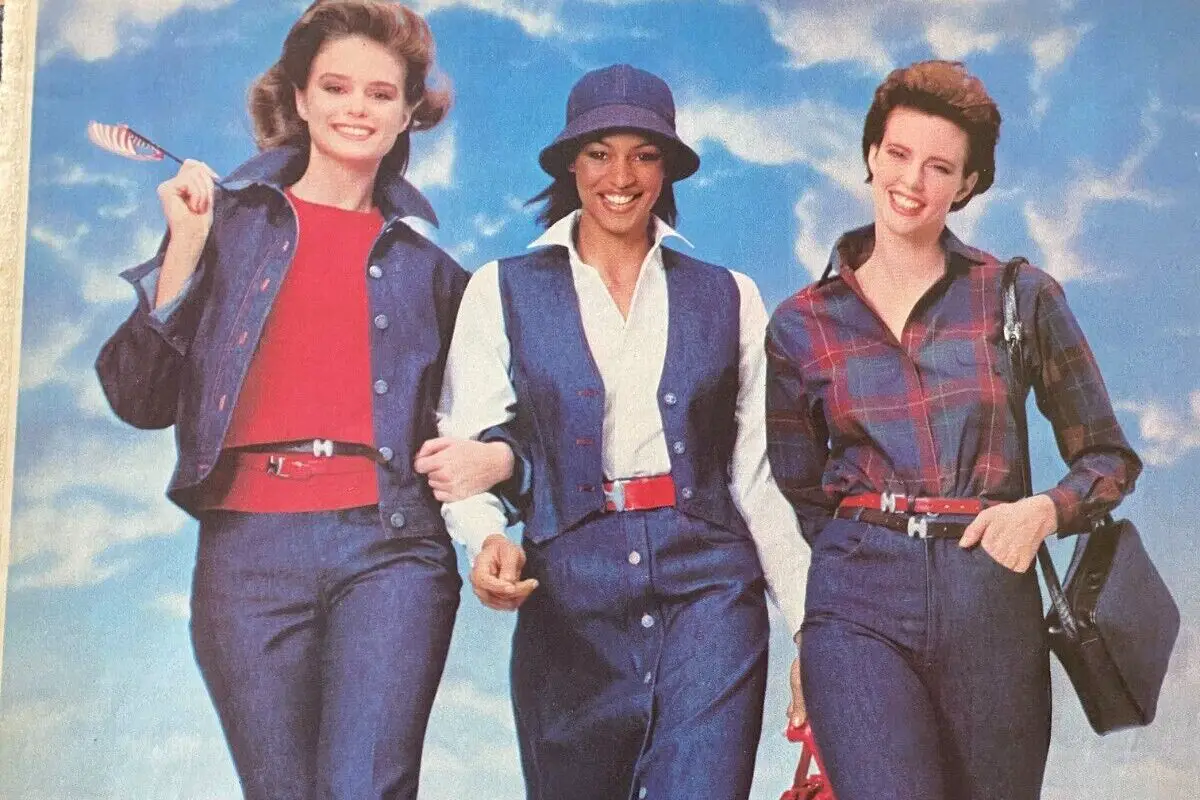
Halston was the ultimate symbol of disco-era glamour. His minimalist yet elegant designs draped effortlessly on stars like Liza Minnelli, Bianca Jagger, and Elizabeth Taylor. The brand’s signature ultrasuede wrap dresses and flowing caftans became must-haves for women who wanted to exude effortless chic. Halston himself was a fixture at Studio 54, solidifying his place in fashion history. But as his empire expanded, so did business complications. A series of licensing deals diluted the brand’s prestige, and by the early ’80s, Halston had lost control of his own name shares WWD.
Without his creative vision, the brand quickly faded into obscurity. Attempts to revive it never quite captured the magic of its heyday. Even today, Halston’s influence can still be seen in modern minimalist fashion, but his original empire is just a memory.
2. Britannia
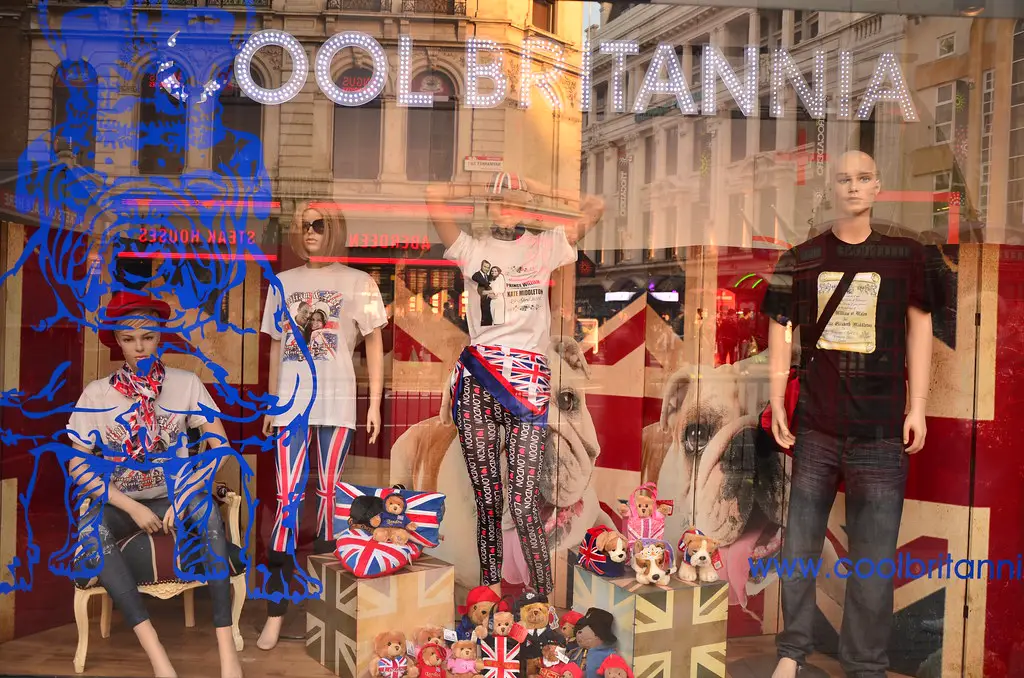
Britannia was the go-to denim brand for anyone who wanted a stylish, well-fitting pair of jeans in the ’70s. Their bold stitching and unique pocket designs set them apart from competitors, making them a household name. The company had a knack for blending comfort with trendiness, offering both classic cuts and funkier flared styles. At a time when jeans were becoming a fashion statement rather than just workwear, Britannia found itself at the forefront adds This is Money.
However, as the denim market exploded in the ’80s, the brand struggled to keep up. Bigger names like Levi’s and Calvin Klein dominated advertising, while Britannia lost its once-loyal fan base. By the ’90s, the company had all but disappeared, leaving behind only thrift store remnants and nostalgic memories.
3. Evan-Picone
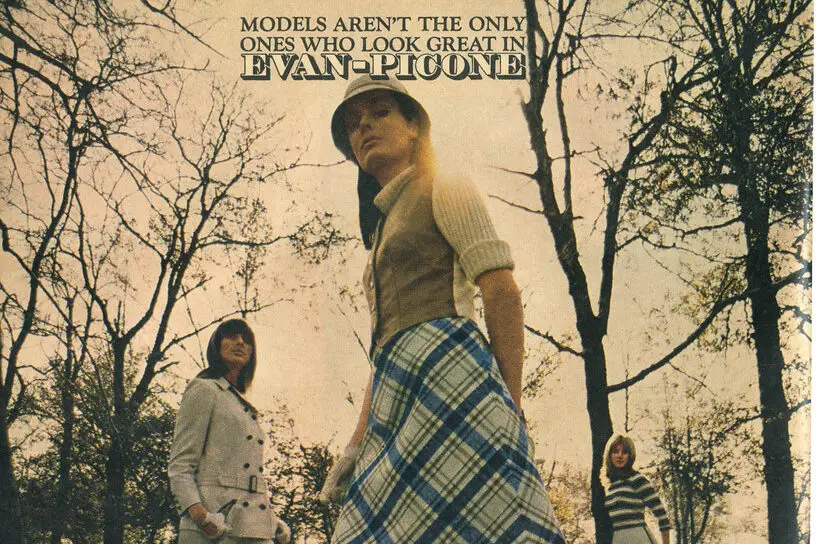
Evan-Picone made waves in the ’70s with its stylish yet practical women’s workwear. The brand was one of the first to design pantsuits specifically for women at a time when the workplace dress code was shifting. Their tailored blazers and slacks were both sophisticated and comfortable, making them a favorite among professional women. The company also introduced unique details like contrast stitching and decorative buttons, adding flair to otherwise conservative office attire says WWD.
Despite its success, Evan-Picone struggled to evolve with changing fashion trends. The power-dressing aesthetic of the ’80s overshadowed its more understated designs. Ownership changes and corporate restructuring led to the brand’s slow decline. Eventually, it was absorbed into larger fashion conglomerates and faded from the mainstream.
4. Hang Ten
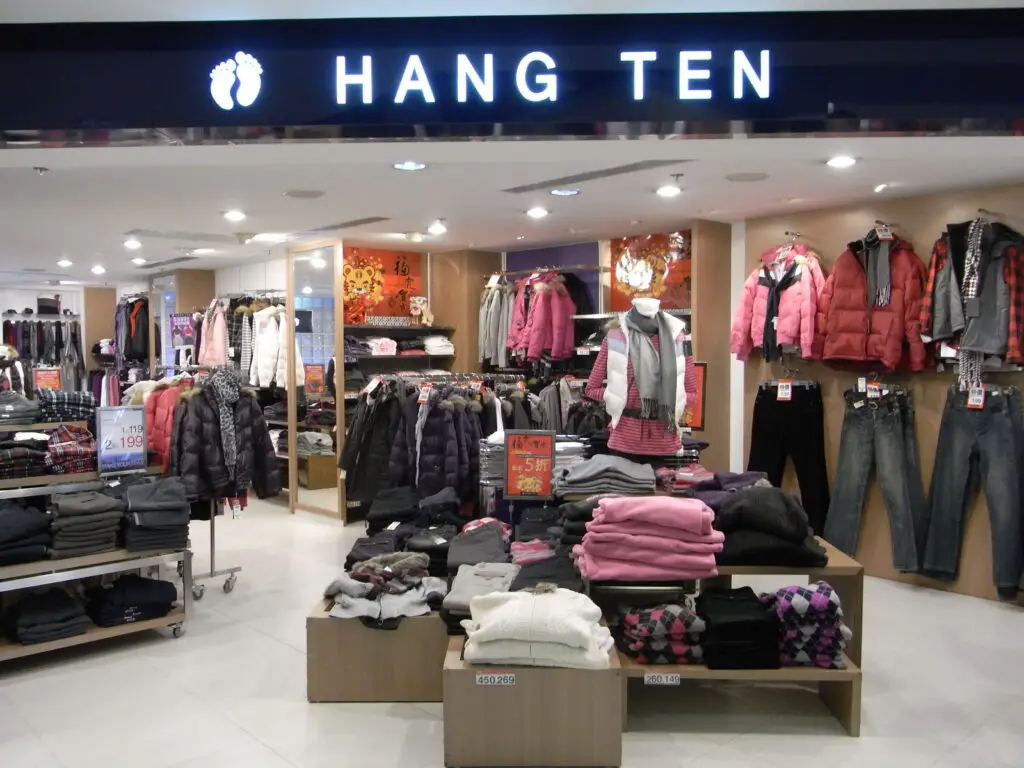
Hang Ten was the ultimate surfwear brand of the ’70s. Known for its laid-back California aesthetic, the brand’s board shorts, T-shirts, and tank tops embodied the free-spirited surf culture of the decade. Their logo, two tiny footprints, became a symbol of beachy coolness. It wasn’t just surfers who embraced the brand—teens and young adults across the country wore Hang Ten to channel that effortlessly cool West Coast vibe adds KPBS.
But as surfwear evolved, brands like Quiksilver and Billabong took over the market. Hang Ten lost its relevance as the industry leaned toward more technical, performance-driven apparel. Attempts to revive the brand in later years never quite recaptured its ’70s magic, leaving it as a fond memory of a bygone era.
5. Garanimals
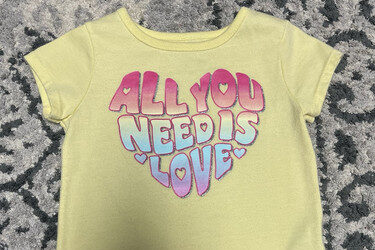
Garanimals was a game-changer in children’s fashion during the ’70s. The brand made dressing easy by creating mix-and-match outfits that featured animal tags, helping kids coordinate their own outfits. Parents loved the affordability and durability of the clothes, while kids enjoyed the playful designs. Garanimals quickly became a staple in department stores, making back-to-school shopping a breeze.
However, as trends shifted, the brand’s simple matching system lost its novelty. By the late ’80s, it had all but disappeared from major retailers. While the name has been revived in limited capacities, it never regained the dominance it once had.
6. Faded Glory
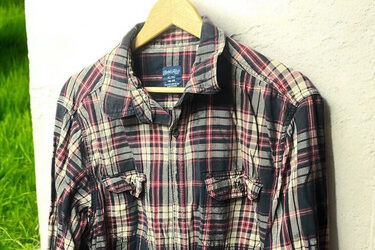
Before it became a generic Walmart house brand, Faded Glory was a legitimate fashion player in the ’70s. The brand specialized in denim and casual wear, offering stylish yet affordable pieces that appealed to the everyday shopper. Their jeans, jackets, and overalls were popular among young people who wanted a cool, relaxed look without breaking the bank.
As the years passed, the brand underwent numerous ownership changes. It eventually lost its identity as a fashion-forward company and became a budget-friendly label. By the time the 2000s rolled around, the name “Faded Glory” was barely recognizable, existing only as a shadow of its former self.
7. Sasson
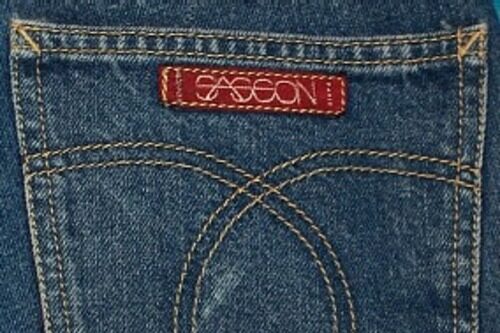
Sasson jeans were the epitome of ’70s designer denim. The brand’s sleek, curve-hugging styles were a departure from the baggier fits of the past, making them a hit with fashion-forward women. Their signature slogan, “Ooh la la, Sasson,” was everywhere, from magazine ads to TV commercials. Celebrities and everyday fashionistas alike embraced the brand, helping it rise to prominence.
However, as competition in the denim market intensified, Sasson’s popularity declined. Legal battles and financial troubles further sealed its fate. By the mid-’80s, the brand had vanished, leaving behind only a few vintage pairs as a reminder of its glory days.
8. Jantzen
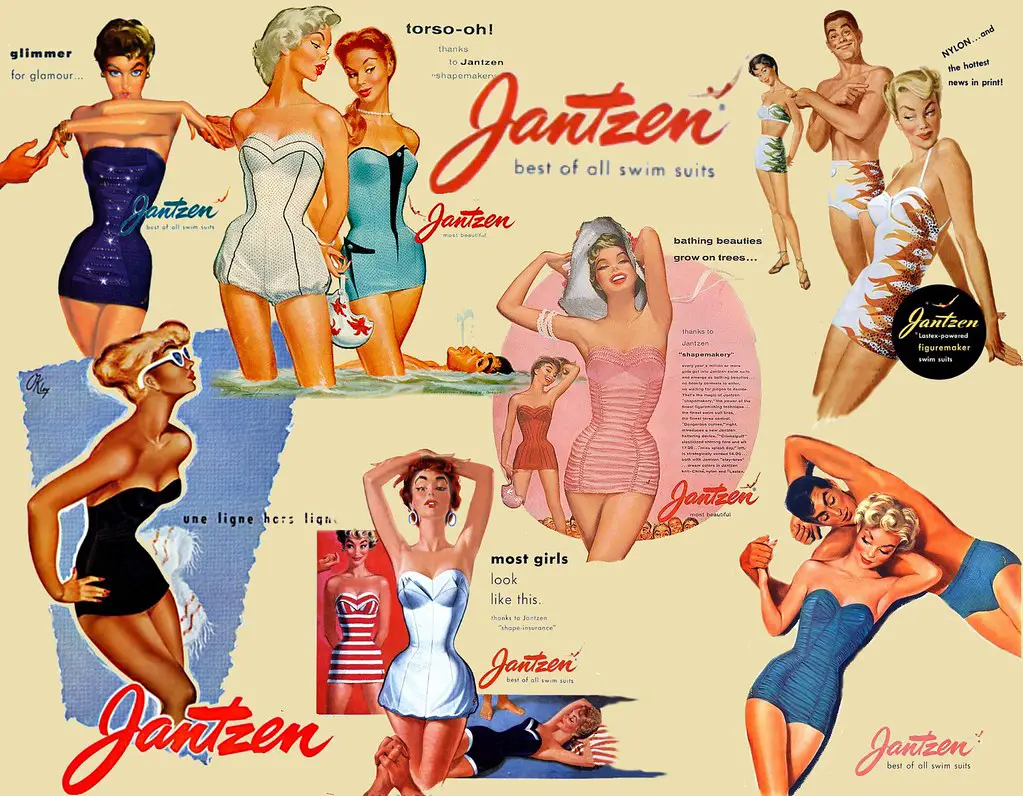
Jantzen was a powerhouse in swimwear during the ’70s. The brand’s stylish one-piece swimsuits and bikinis were a staple at pools and beaches everywhere. With bold prints and flattering cuts, Jantzen helped define swim fashion for the era. It wasn’t just about looks—the brand also focused on quality, using innovative fabrics that provided comfort and durability.
Despite its strong reputation, Jantzen struggled to compete with newer, trendier swim brands. By the ’80s, it had lost its edge, and its presence faded from mainstream fashion. Though the name still exists, it no longer holds the same cultural significance it once did.
9. Campus
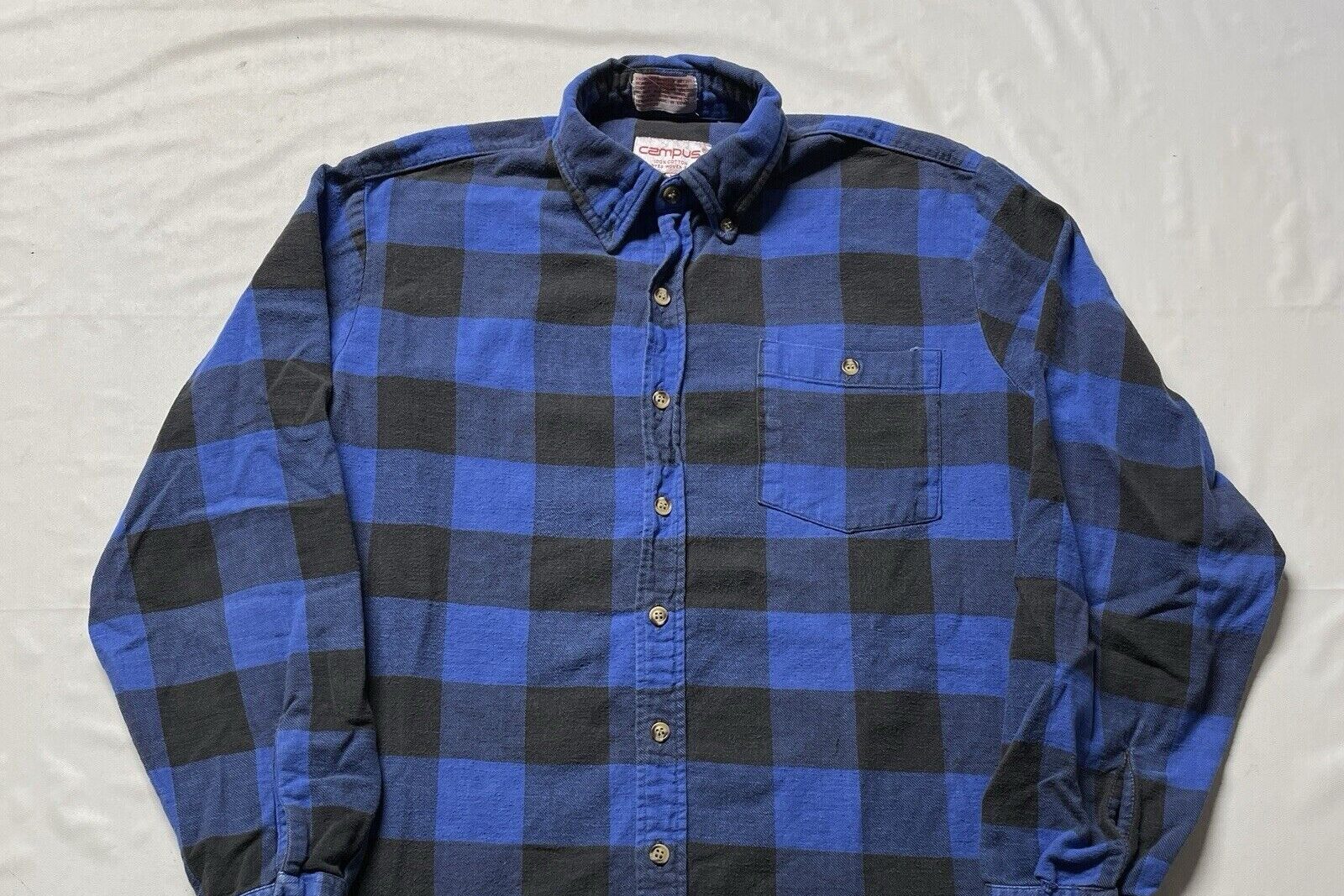
Campus was a go-to brand for preppy, collegiate-inspired fashion in the ’70s. Their knit sweaters, polo shirts, and button-downs were perfect for achieving that Ivy League look. The brand was especially popular among young men who wanted a polished yet casual aesthetic. Their classic, timeless designs made them a reliable choice for anyone aiming to look effortlessly put together.
However, the rise of bigger prep-focused brands like Ralph Lauren overshadowed Campus. As fashion trends shifted in the ’80s, the company struggled to stay relevant. Eventually, it faded into obscurity, remembered only by those who once proudly sported its stylish sweaters.
10. Gunne Sax
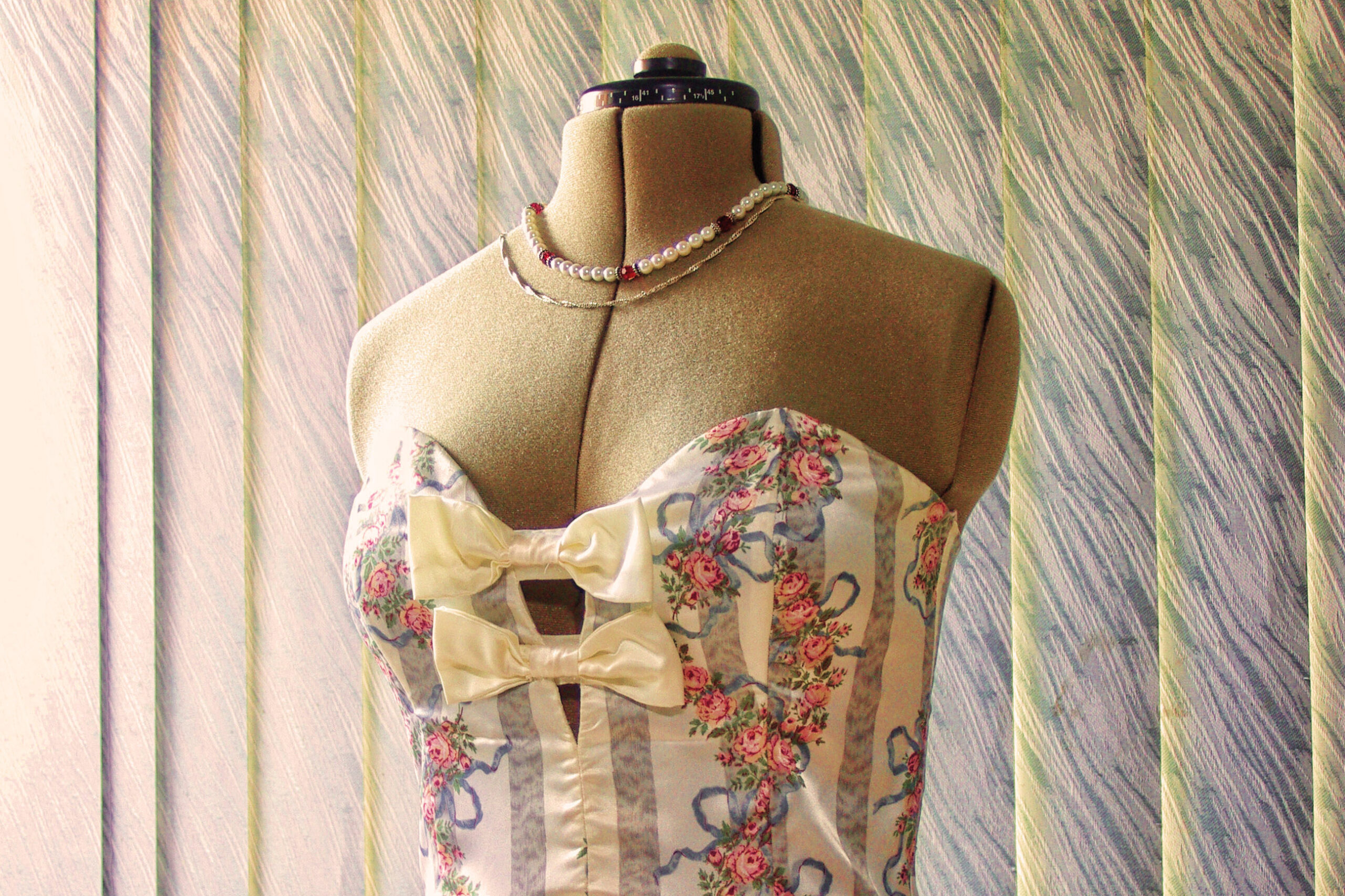
Gunne Sax was a dream for anyone who loved romantic, Victorian-inspired fashion. The brand’s prairie dresses, adorned with lace and ruffles, were a huge hit among young women in the ’70s. Jessica McClintock, the designer behind the brand, created dresses that blended vintage charm with a modern sensibility. They were particularly popular for proms and weddings, offering a feminine alternative to the disco-era styles dominating the decade.
As the ’80s brought bolder, more structured silhouettes, Gunne Sax’s delicate aesthetic fell out of favor. Though Jessica McClintock continued designing for years, the original brand lost its prominence. Today, vintage Gunne Sax dresses are collector’s items, but the label itself is long gone.
11. Pappagallo
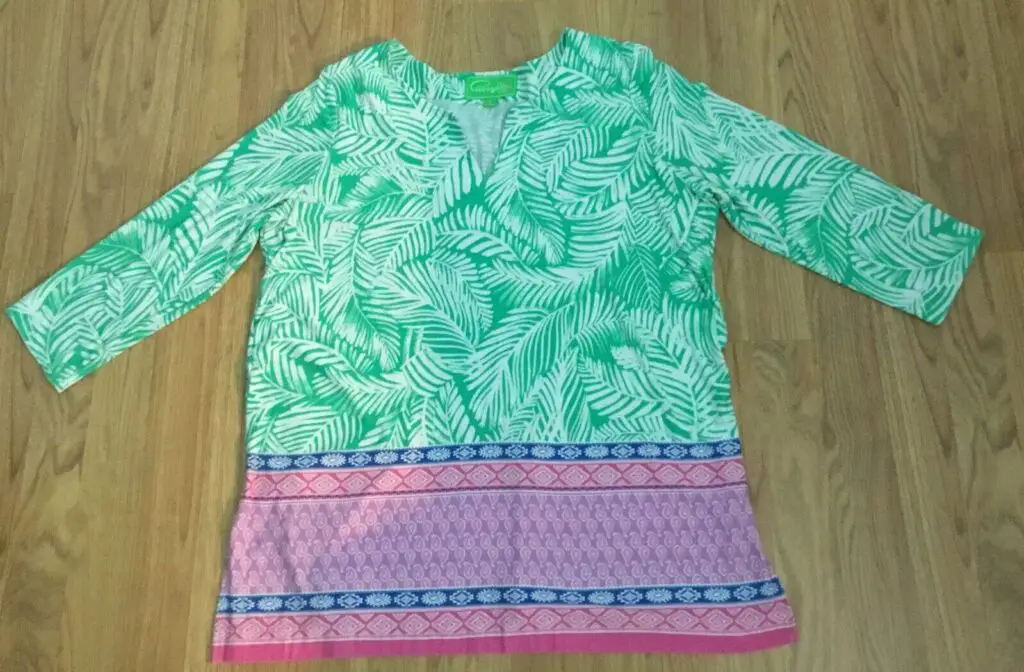
Pappagallo was known for its colorful, preppy handbags and accessories. Their structured purses, often featuring floral patterns and pastel hues, were a favorite among stylish women in the ’70s. The brand also dabbled in footwear, offering cute, casual styles that complemented their signature bags.
Despite its popularity, Pappagallo struggled to adapt to changing fashion trends. The brand slowly disappeared from department stores, eventually becoming a distant memory. Today, only vintage lovers and collectors remember its once-iconic status.
12. Frye
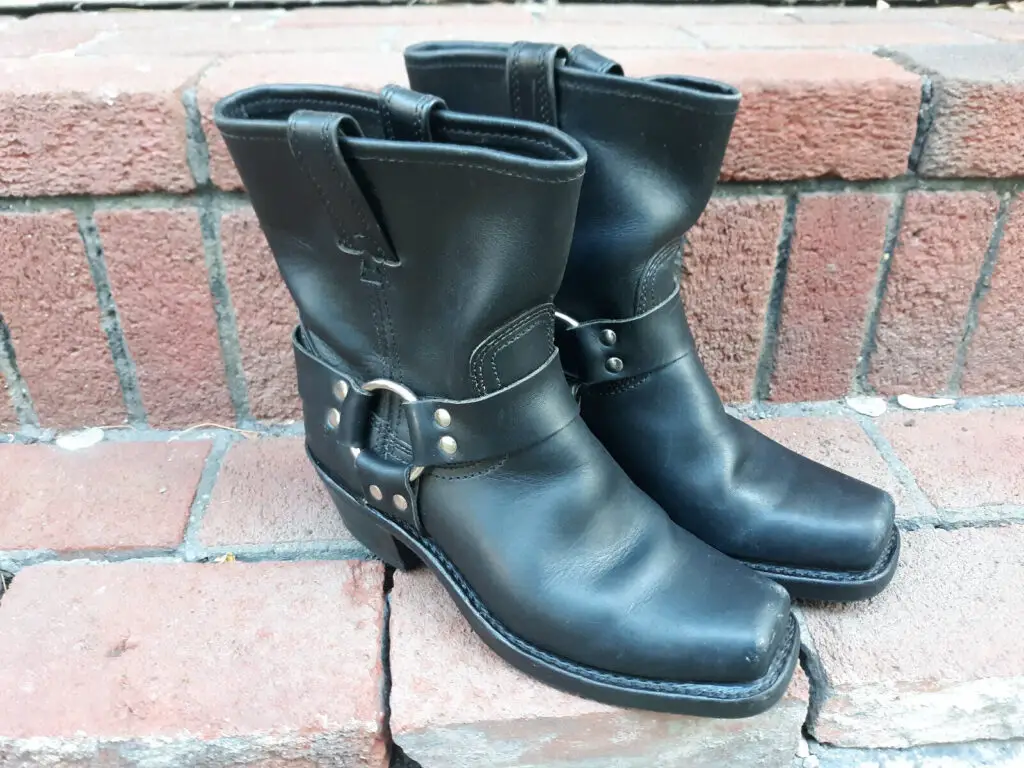
Frye boots were a staple of ’70s fashion, especially among the bohemian crowd. Their knee-high leather boots, with their rugged yet chic appeal, became an essential part of the era’s wardrobe. Worn by everyone from hippies to rock stars, Frye boots had a timeless quality that made them a favorite year after year.
However, as the ’80s brought a shift toward more polished footwear, Frye lost some of its appeal. While the brand still exists in some form today, it never regained the cultural dominance it once had. For those who lived through the ’70s, though, a pair of Frye boots will always be a nostalgic symbol of the era.
